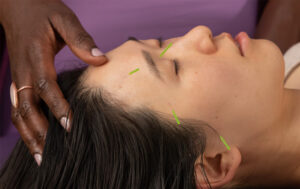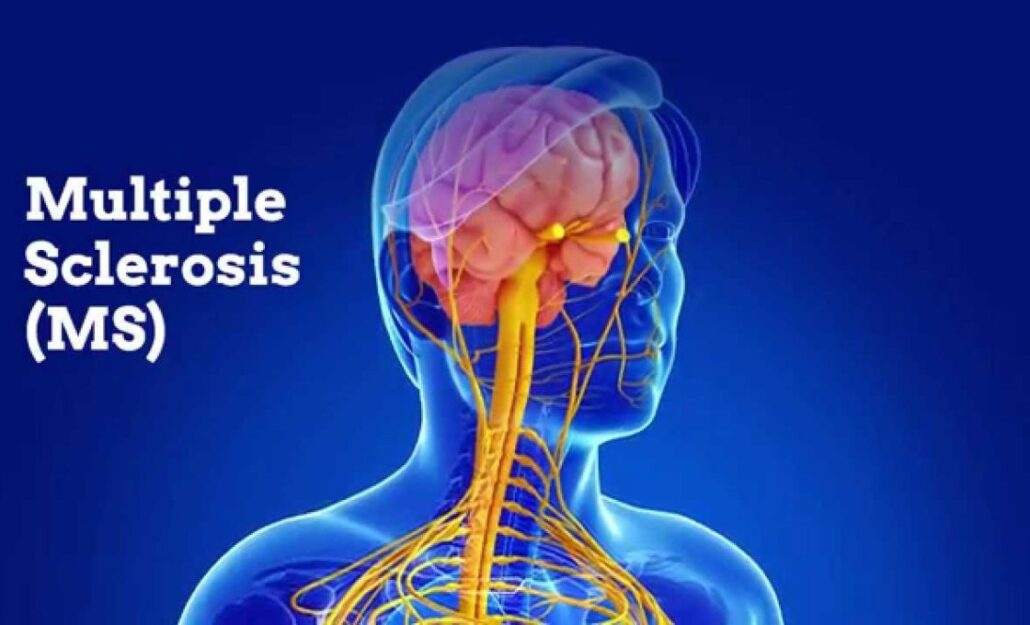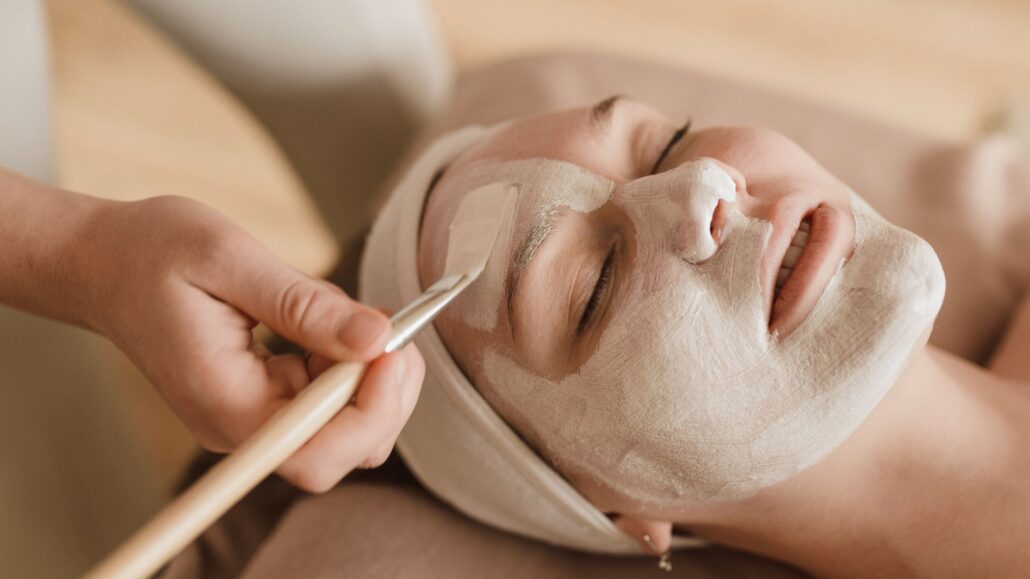Share
In this Article
Key Takeaways
| Topic | Summary |
|---|---|
| Understanding MS | Chronic autoimmune disease affecting central nervous system, causing fatigue, muscle weakness, and cognitive issues. Treatment typically includes DMTs, therapy, and medication. |
| Facial Acupuncture Basics | Uses fine needles on facial points for 20-40 minutes per session. Connects to body’s energy pathways for overall healing effects. |
| Scientific Benefits | Releases endorphins for pain relief, increases blood flow, reduces inflammation, and modulates brain activity in MS-affected areas. |
| Symptom Management | Effectively addresses multiple MS symptoms: reduces muscle spasms, manages chronic pain, improves energy levels, and enhances cognitive function. |
| Treatment Integration | Works as complementary therapy alongside conventional MS treatments, not a replacement. Provides natural symptom relief without significant side effects. |
| Recommended Services and Products | |
Facial Acupuncture Service
 |
Professional facial acupuncture sessions specially designed for MS symptom relief. Expert practitioners provide personalized treatment plans. Book Appointment |
Imagine waking up without the crushing fatigue that often accompanies multiple sclerosis (MS). Picture yourself moving with greater ease, the stiffness and spasms that once plagued your muscles now significantly reduced. Envision a clearer mind, free from the fog that can make everyday tasks feel insurmountable. This is the potential promise of facial acupuncture for MS relief, a complementary therapy gaining increasing attention for its ability to address the multifaceted challenges of this complex neurological condition. Could this ancient practice hold the key to unlocking a better quality of life for those living with MS?
Facial acupuncture, a specialized branch of Traditional Chinese Medicine (TCM), offers a unique and increasingly popular approach to managing MS symptoms. Unlike traditional body acupuncture, which targets specific points throughout the body, facial acupuncture focuses on stimulating key points on the face, believed to connect to energy pathways that influence the entire body. This article delves into the science, benefits, practical considerations, and expert opinions surrounding facial acupuncture as a complementary therapy for MS, empowering you to make informed decisions about your healthcare journey.

Get expert tips on healthy living and aging gracefully at 40 and beyond from me.
Success! Now check your email to confirm your subscription.
Understanding Multiple Sclerosis

Multiple sclerosis (MS) is a chronic, autoimmune disease that affects the central nervous system, comprising the brain, spinal cord, and optic nerves. In MS, the immune system mistakenly attacks the myelin sheath, the protective covering that surrounds nerve fibers. This damage disrupts the transmission of nerve signals, leading to a wide range of unpredictable and often debilitating symptoms.
These symptoms can vary greatly from person to person and may fluctuate over time. Common symptoms include:
- Fatigue: Overwhelming exhaustion that can interfere with daily activities. This is often the most common and debilitating symptom.
- Muscle Weakness and Spasms: Stiffness, tightness, and involuntary muscle contractions that can limit mobility and cause pain.
- Numbness and Tingling: Sensation changes in the extremities or face, often described as “pins and needles.”
- Balance Problems and Dizziness: Difficulty with coordination and maintaining balance, leading to falls and unsteady gait.
- Vision Problems: Blurred vision, double vision, or even temporary vision loss.
- Cognitive Dysfunction: Problems with memory, concentration, and processing information, often referred to as “brain fog.”
- Bladder and Bowel Dysfunction: Incontinence, urgency, or difficulty emptying the bladder or bowels.
- Pain: Chronic pain, including neuropathic pain (nerve pain), muscle pain, and headaches.
- Emotional Changes: Depression, anxiety, and mood swings.
 Current conventional treatments for MS primarily focus on managing symptoms, slowing disease progression, and reducing the frequency and severity of relapses. These treatments may include:
Current conventional treatments for MS primarily focus on managing symptoms, slowing disease progression, and reducing the frequency and severity of relapses. These treatments may include:
- Disease-modifying therapies (DMTs): These medications aim to slow the progression of MS and reduce relapses.
- Corticosteroids: Used to treat acute MS exacerbations and reduce inflammation.
- Muscle relaxants: To manage muscle spasms and stiffness.
- Physical therapy: To improve mobility, strength, and balance.
- Occupational therapy: To adapt daily tasks and improve independence.
- Speech therapy: To address speech and swallowing difficulties.
While these treatments can be effective, they may not fully alleviate all symptoms and can sometimes cause significant side effects. This is where complementary therapies like facial acupuncture can play a valuable role in providing additional relief and improving overall well-being.
What is Facial Acupuncture?
Facial acupuncture is a specialized form of acupuncture that focuses on stimulating specific points on the face. Rooted in thousands of years of Traditional Chinese Medicine (TCM), it has a rich history dating back to ancient China, where it was practiced not only for therapeutic purposes but also for aesthetic rejuvenation. Historical texts and anecdotal evidence suggest that facial acupuncture was highly regarded by emperors and members of the royal court, who sought its benefits for promoting longevity and enhancing their appearance.

Unlike traditional body acupuncture, which often targets deeper tissues and muscles, facial acupuncture uses much finer needles inserted superficially into specific points on the face. These points are believed to correspond to energy channels, or meridians, that connect to various organs and systems throughout the body. By stimulating these points, facial acupuncture aims to restore balance and harmony within the body’s energy flow, promoting healing and well-being.
A typical facial acupuncture session begins with a thorough consultation, during which the practitioner assesses the individual’s overall health and specific symptoms. The practitioner then carefully inserts fine, sterile needles into the designated acupuncture points on the face. The needles are typically retained for 20 to 40 minutes. Most people find the sensation of the needles to be relatively painless, often describing it as a mild tingling or pressure. The treatment room is typically quiet and calming, creating a relaxing atmosphere conducive to healing. Many patients report feeling a deep sense of relaxation and well-being during and after their facial acupuncture sessions.
How Facial Acupuncture May Relieve MS Symptoms

The mechanisms by which facial acupuncture may relieve MS symptoms are complex and not yet fully understood by Western science. However, both TCM and modern scientific theories offer potential explanations for its efficacy:
Traditional Chinese Medicine (TCM) Perspective: TCM posits that illness arises from imbalances in the flow of Qi, the vital energy that circulates throughout the body. Facial acupuncture is believed to stimulate the flow of Qi along specific meridians, restoring balance and promoting healing. Specific points on the face are thought to correspond to different organs and systems, allowing practitioners to target specific symptoms.
Modern Scientific Perspective: Research suggests that acupuncture may stimulate the nervous system, releasing endorphins and other neurochemicals that have pain-relieving and mood-boosting effects. It may also increase blood flow and reduce inflammation, contributing to symptom relief. Studies using functional magnetic resonance imaging (fMRI) have shown that acupuncture can modulate brain activity in areas associated with pain and other MS symptoms.
Facial acupuncture has shown promise in addressing a range of MS symptoms, including:
- Muscle Spasms and Stiffness: By relaxing muscles and promoting blood flow, facial acupuncture can help reduce muscle spasms and improve mobility.
- Pain: The release of endorphins and other pain-relieving neurochemicals can help manage chronic pain, including neuropathic pain.
- Fatigue: Facial acupuncture can improve energy levels and reduce fatigue, potentially by improving sleep quality and reducing stress.
- Cognitive Dysfunction: By stimulating blood flow to the brain and promoting relaxation, facial acupuncture may improve cognitive function and reduce brain fog.
- Emotional Well-being: The calming effects of acupuncture can help manage stress, anxiety, and depression, which are common in people with MS.
Benefits of Facial Acupuncture for Multiple Sclerosis
One of the key benefits of facial acupuncture for individuals with MS is its ability to reduce inflammation and pain. Acupuncture has been shown to help alleviate pain by releasing endorphins and other natural pain-relieving chemicals in the body. This can be particularly beneficial for individuals experiencing neuropathic pain and musculoskeletal issues associated with MS.
In addition to pain relief, facial acupuncture can also improve circulation in the body. By stimulating blood flow and enhancing nutrient delivery to affected areas, acupuncture can support the body’s natural healing processes and help alleviate symptoms related to poor circulation, such as numbness and tingling.
FAQ
Generally, facial acupuncture is considered safe when performed by a qualified practitioner. However, it’s essential to consult with your primary healthcare provider before starting any new treatment, especially since MS symptoms and responses can vary significantly among individuals.
The number of sessions needed varies by individual, but many people report feeling some improvements after 4-6 sessions. A typical treatment plan might involve weekly sessions for several weeks, followed by maintenance sessions as needed. Your practitioner will develop a personalized treatment plan based on your specific symptoms and response to treatment.
No, facial acupuncture typically uses finer needles than traditional body acupuncture and is generally well-tolerated. Most patients describe the sensation as a mild tingling or slight pressure rather than pain. The face has more nerve endings than other parts of the body, but the superficial insertion technique helps minimize discomfort.
No, facial acupuncture should not replace conventional MS treatments or disease-modifying therapies. Instead, it should be viewed as a complementary therapy that can work alongside your current treatment plan to help manage symptoms and improve quality of life.
Facial acupuncture may not be appropriate during acute MS flare-ups, if you have a fever or infection, or if you’re taking blood thinners. Some facial areas might need to be avoided if you’re experiencing severe numbness or loss of sensation. Always discuss your complete medical history with both your MS specialist and acupuncturist before beginning treatment.
Conclusion
Facial acupuncture represents a promising complementary therapy for individuals living with Multiple Sclerosis. While it shouldn’t replace conventional treatments, this ancient practice offers a natural, non-invasive approach to managing many challenging MS symptoms, from chronic pain and fatigue to cognitive difficulties and emotional well-being. As research continues to explore the intersection of traditional healing practices and modern medicine, facial acupuncture stands out as a valuable tool in the comprehensive management of MS symptoms. For those seeking additional support in their MS journey, consulting with a qualified facial acupuncture practitioner could be an important step toward enhanced quality of life and improved symptom management.







